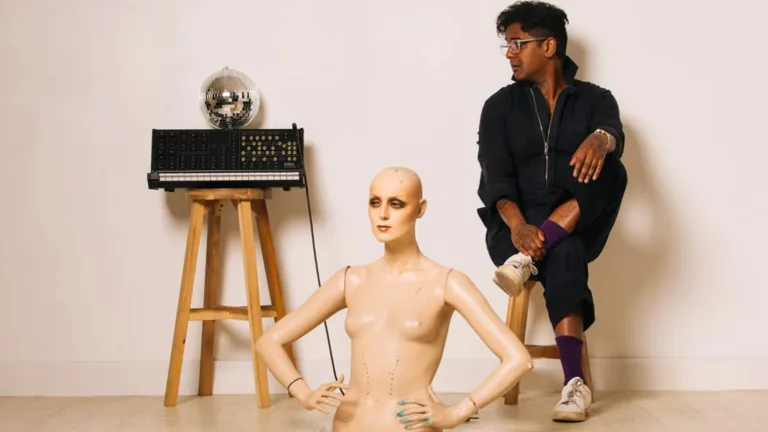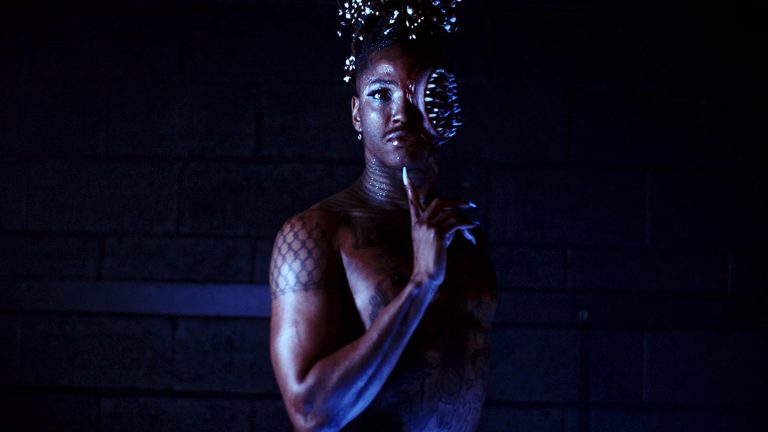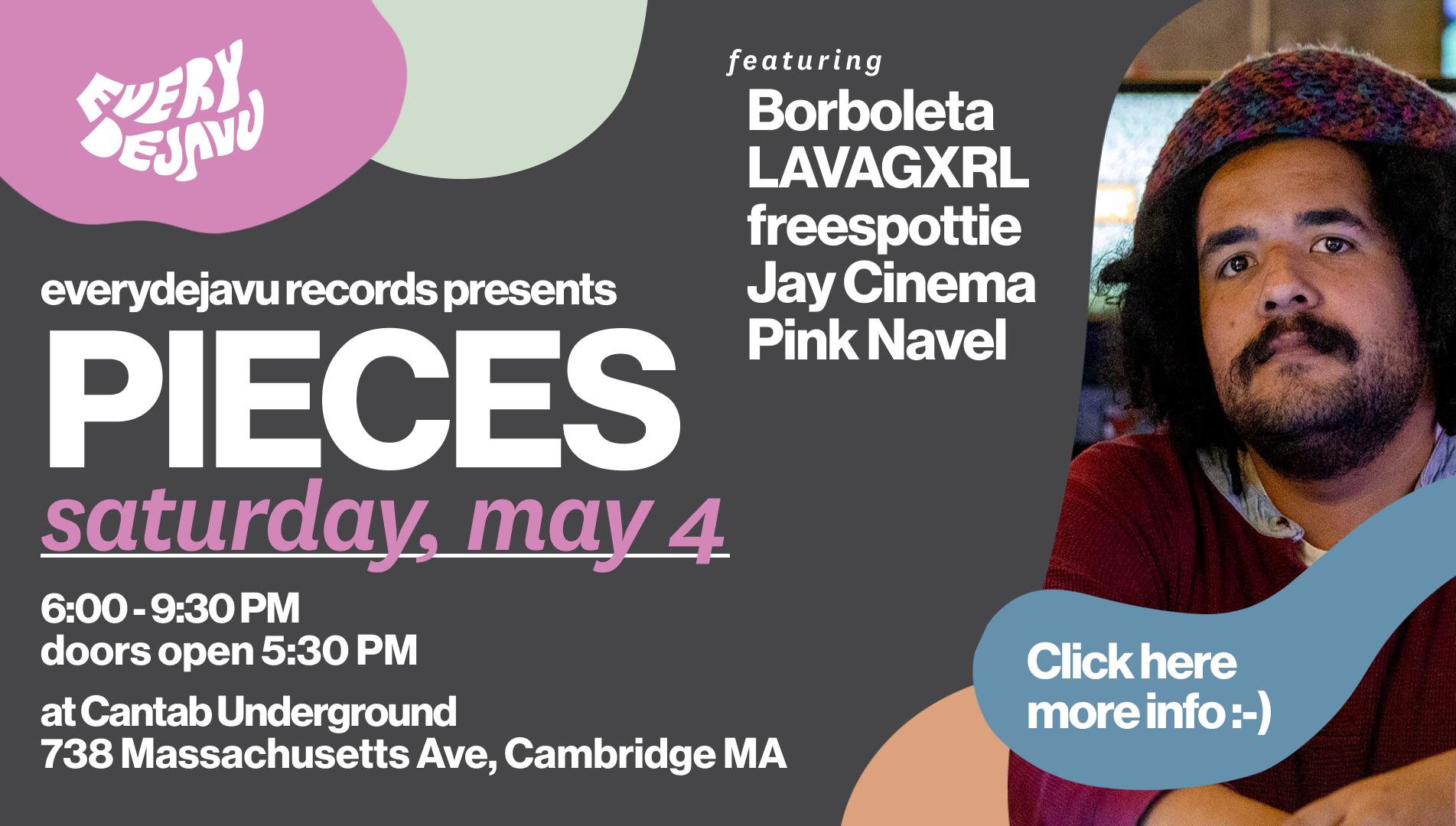Somewhere at an active party—either in a hidden place where the cat is randomly comforted after waltzing around the premises like a lost person trying to find their way through a complicated life-sized maze or in the kitchen where they serve off-brand versions of Doritos and potentially spiked bowls of grape Crush—there is a man that has no clue as to whether or not he is supposed to be at that party. He is sick of the people who only want to talk to have someone to disagree with. He is trying to smile through condescending compliments about his hair and his skin tone for, like, the 7th time within 2 hours. He carries this weird feeling that if he opens his mouth to anybody, he’ll kill the party by daring to have a logical and well-read opinion in a place where all your cares are supposed to be in the trash—if not down the only available and functional toilet in the building. All this is to say that the kitchen is where the people who don’t feel people-y enough for partygoers often dwell. This place is where you will find Dewan-Dean Soomary aka synthpop, post-punk singer-songwriter Teenage Sequence.
Fresh off of his acclaimed punk band, The King Blues, Soomary marries funky rhythms to liquid synths in a way that may be reminiscent of LCD Soundsystem with a bit of early MGMT mixed in. When listening to acid funk opener “All This Art” off his debut self-titled album, it’s tempting to cite “Losing My Edge” as the inspiration for the sound—but where James Murphy’s character is contemplating his ability to be cool due to what he has remembered back in the day, Soomary is begging his character to shut the fuck up and stop talking down to his own knowledge and enjoyment of bands and labels from back in the day. “If you’re wondering, there is a direct correlation between / the levels of Caucasian testosterone and factual masturbation / over a million-dollar DIY record label,” sneers Soomary on the track. He doesn’t end there, either. “Seems as if my half-baked hot takes, like if there is a heaven / it’ll be highly unlikely that any of our heroes are there, just because/at their back of their catalogs is apparently insensitive / and a testament to my alcoholic thinking.” Who wants pizza?!
It isn’t the last time that frustration over how his race—a mix of Indian and Mauritian—has caused him to be on the outside looking in. The anxious disco number “D.I.S. Connect” finds Soomary horny yet unable to get past equally horny people sexually fetishizing him due to his color. “In a vague attempt to communicate about class A’s and the master / race, there’s a sociopathic lover girl / hell bent on cumming in my face,” he sighs. Outside of the parties, Soomary bemoans success in music on the crunchy robot rocker “Giving Up (on Giving Up),” where he also bemoans both the effects of gentrification a la caucasian liberals and his own experience in the music scene as a non-white music maker. Diverting from racial frustration, he also tackles alcoholism, itself a loose motif in the album, along with deep-seated anger and constant hurling in horribly chosen places, with synth disco shaker “The City is Hungover.”
However, the album isn’t all frustration. Soomary has an encouraging anthem in “Get Weird,” a song encouraging you to dance like a shameless fool as a means to reach personal freedom. Sitting this next to the peaceful and uplifting “I Can”—where he promises, “…fix you, me and everyone”—is likely to boost your emotions. You’ll barely notice that as “Tell Me Your Name” boasts a sunny melody and driving drum beat, the song is actually about surviving a run-in with the cops.
It’s tempting to call Teenage Sequence a party starter because of the dance beats used. The album does hold a similar charm to the pop songs of the 2010s—again, reaching back towards groups such as early MGMT, Turbotito, and Capital Cities as well as dance-punk worshippers of yesteryear—but only to counterbalance the heavy themes of tackling generational trauma, deep-seated anger, and sexual frustration. For the same reasons, it is tempting to call it a punk album, as it takes no prisoners in tackling racially charged themes directly. In a way that might turn off those repulsed by such themes. Yet, Soomary’s lack of fear in presenting the world, London or otherwise, how he has experienced it all makes the album more compelling than any album of its ilk that often pivots only towards a blind optimism.






